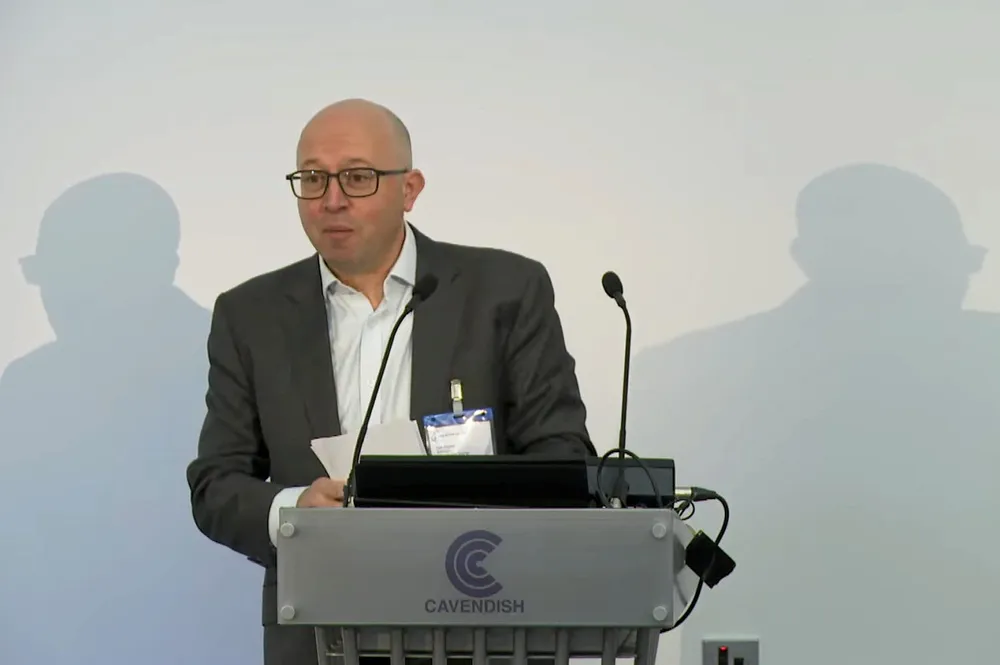GB Energy still unclear over one of its key objectives, admits director
Director of new national clean power company also says it is unlikely to own or operate any assets in short or medium term

GB Energy needs to resolve how its current plans to invest in clean power projects and infrastructure overlap with a newly created National Wealth Fund or risk confusing the market, says the director of the UK's new state-backed clean power company.
Launching GB Energy and the National Wealth Fund were both key pledges of the Labour Party in its election campaign earlier this year, which resulted in the party securing a landslide victory over the incumbent Conservative government.
Speaking at the UK Sustainable Infrastructure Summit today, GB Energy director Tim Cullen stressed that GB Energy should not be seen as “competition” but rather a partner to other players in the market.
One of the “five key priorities” of GB Energy will be investing in and owning assets. But he cautioned that while talk of owning assets “came out of the political narrative… we should be realistic in the short and medium term – we're not going to be owning or operating anything."
What it will seek to do is invest to help “de-risk projects, predominantly focusing on less developed markets and exploring where we can provide a minority equity stake, to increase competence and where this can make significant difference.”
An audience member asked why it was necessary to have GB Energy acting as an investor in clean energy projects and infrastructure when this is also an aim of the new National Wealth Fund, adding that this had left the private sector “puzzled” as it does not appear “very efficient.”
The National Wealth Fund is aimed at mobilising billions of pounds of investment into the UK’s clean energy sector along with other related infrastructure like ports, upgrades to which are crucial for realising the government’s lofty ambitions in offshore wind.
Cullen said that he and Ian Brown, head of banking and investments at the National Wealth Fund, who is also attending the summit, “will face this question all day and for a while,” adding that “we're certainly not looking to confuse the market.”
Currently, GB Energy still does not “legally exist,” as a Bill to formally establish it is still working its way through UK Parliament, he said. “If you need cash now, Ian is your man.”
Going forward, however, he said that question “needs resolving” and “conversations are happening at a far higher level than me.”
Currently, GB Energy is working to “proactively identify the projects that we need, whereas I would suggest National Wealth Fund is slightly more reactive across a wider portfolio.”
“But we clearly need to make sure that we absolutely don't overlap and we work in harmony.”
Its third and fourth goals will be to support community energy projects and supporting the skills and supply chain, he said. Finally, GB Energy will look at investing in the nuclear sector, working in collaboration with the UK’s state-owned Great British Nuclear.
GB Energy is he said also “close to appointing an interim CEO and advertising for a permanent CEO.” Juergen Maier, former chief of Siemens UK, has already begun his work as chair of GB Energy.
Contrasting somewhat with Cullen’s comments, Maier said GB Energy will “no doubt own some energy assets” in the five year term of the current Parliament.
(Copyright)